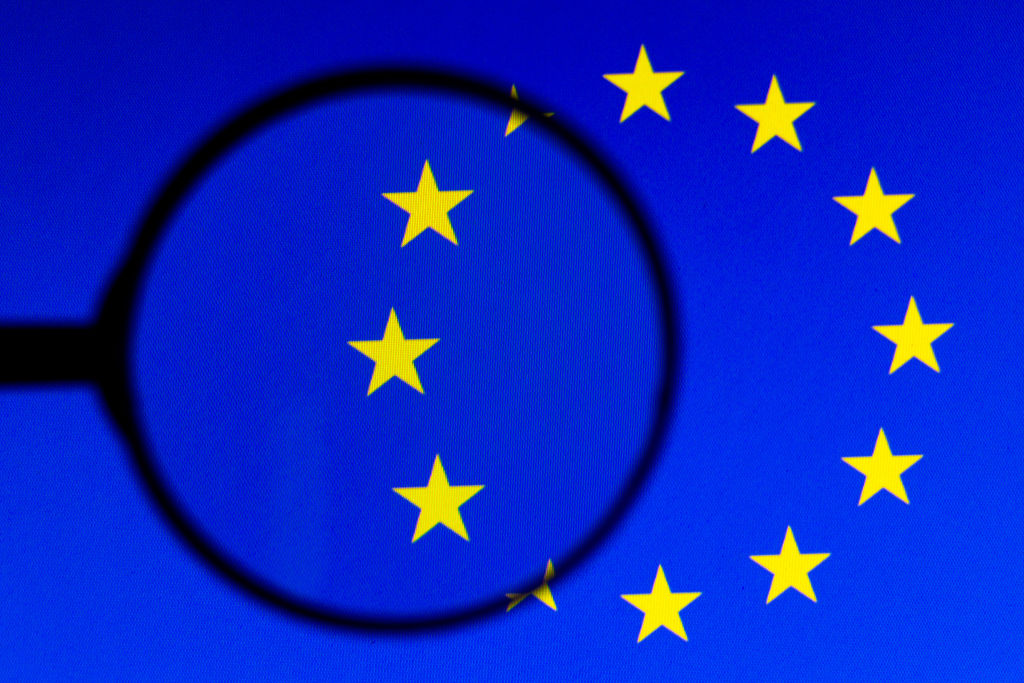The DSA is coming, what is changing online?


This Friday, the DSA takes office within the European Union. This “Digital Services Act” aims to force the major platforms, such as Google, Facebook, X or TikTok, to do more in the fight against illegal content. And this under penalty of heavy fines.
The principle of this text is simple: what is illegal offline must also be illegal online.
To achieve the rule of law and order online, the text targets online platforms. A series of obligations will be imposed from Friday on the 19 largest social networks, marketplaces and search engines (including Apple, Google, Microsoft, Amazon, Meta, Wikipedia, TikTok, etc.)
The platforms are still not legally responsible for the content they host
However, these platforms are still not legally responsible for the content they host. But they must now set up an effective moderation system.
In the toolbox, they will have to offer Internet users a tool to easily report “illegal” content. “Trusted signalmen” in each country will have their alerts treated as a priority. Then the platforms will have to remove them quickly.
Note that merchant sites will also have to track sellers, to reduce fraud. And the algorithms used by the platforms will also be monitored. They will have to be explainable to make it possible to understand the functioning of their recommendation systems. And they will have to offer alternatives without personalization.
Any violation will be punishable by fines of up to 6% of global turnover
Finally, on the advertising side, the DSA prohibits targeting minors or ads based on sensitive data (religion, sexual orientation, etc.).
Finally, compliance with these rules will be monitored by independent audits, under the eye of Brussels.
And any violation will be punishable by fines of up to 6% of global turnover. In case of recurrence, the offending actors may be banned.








